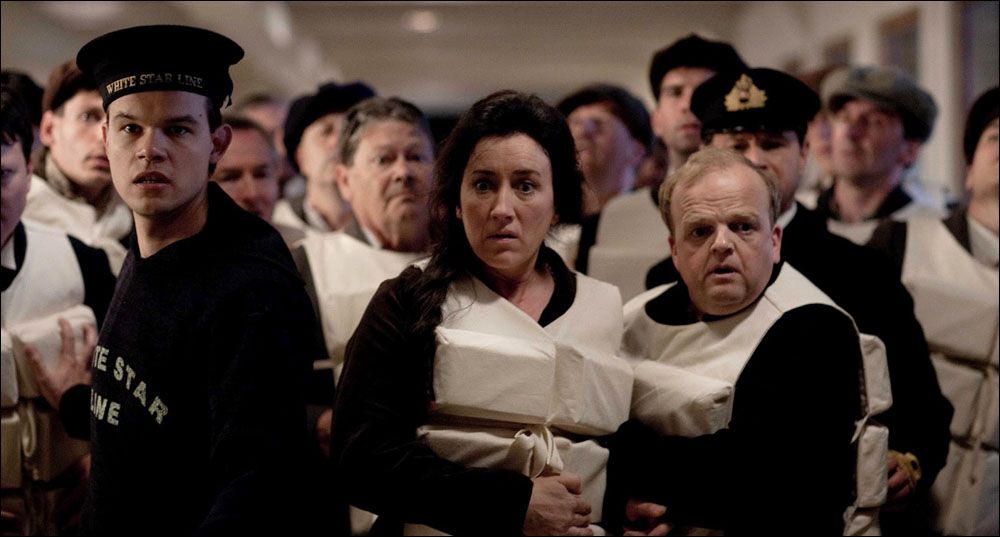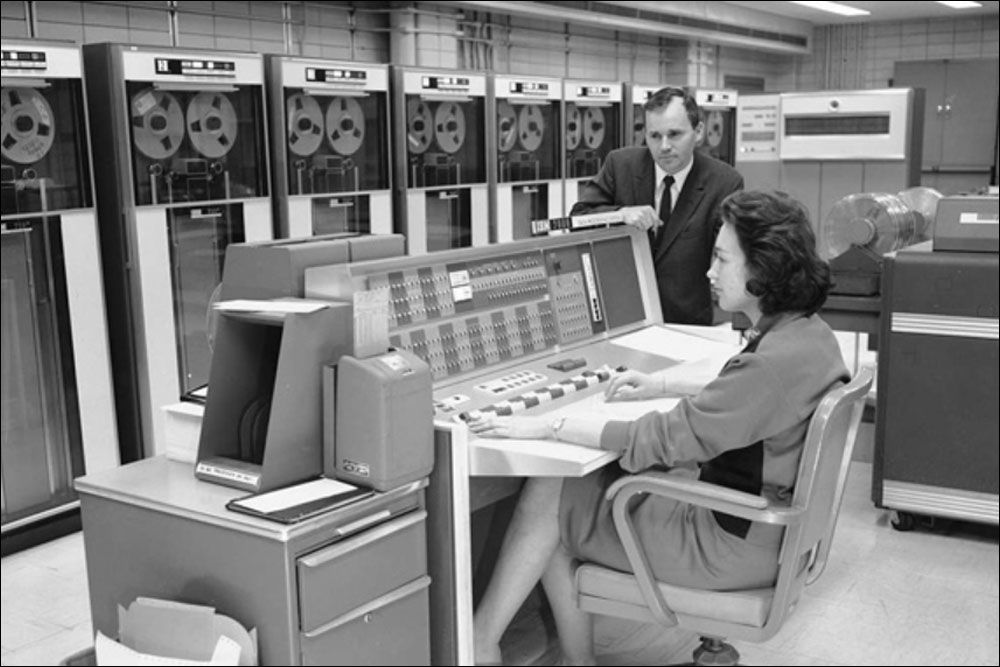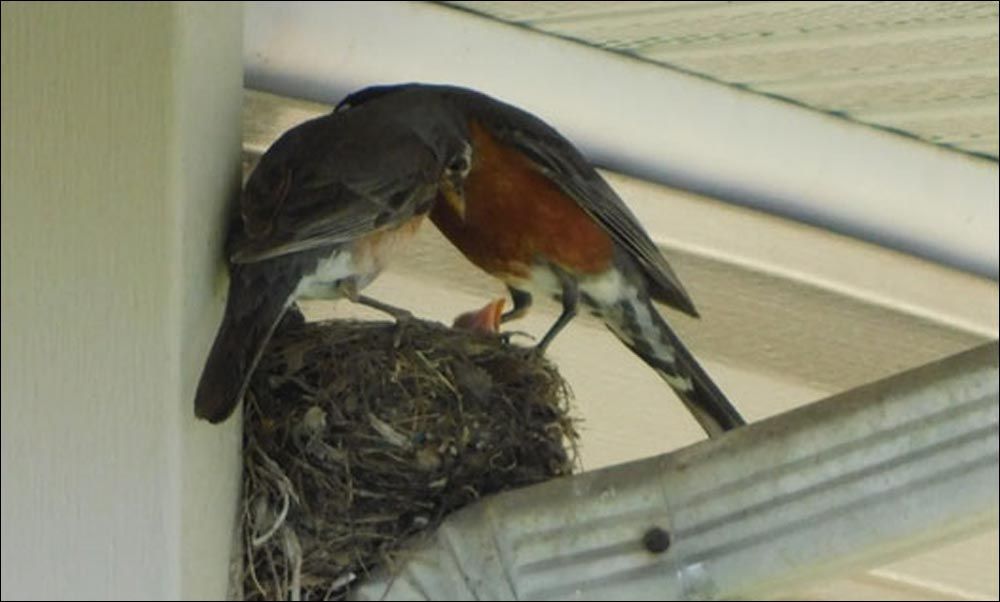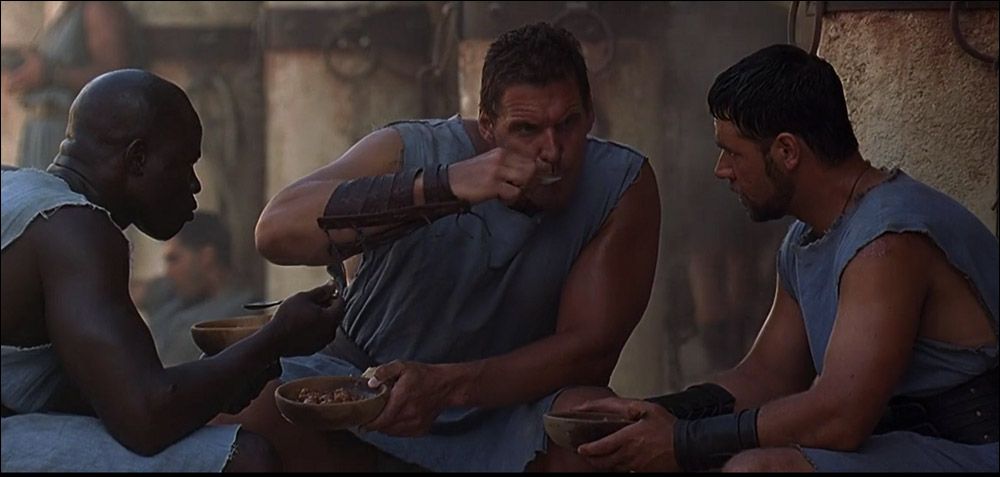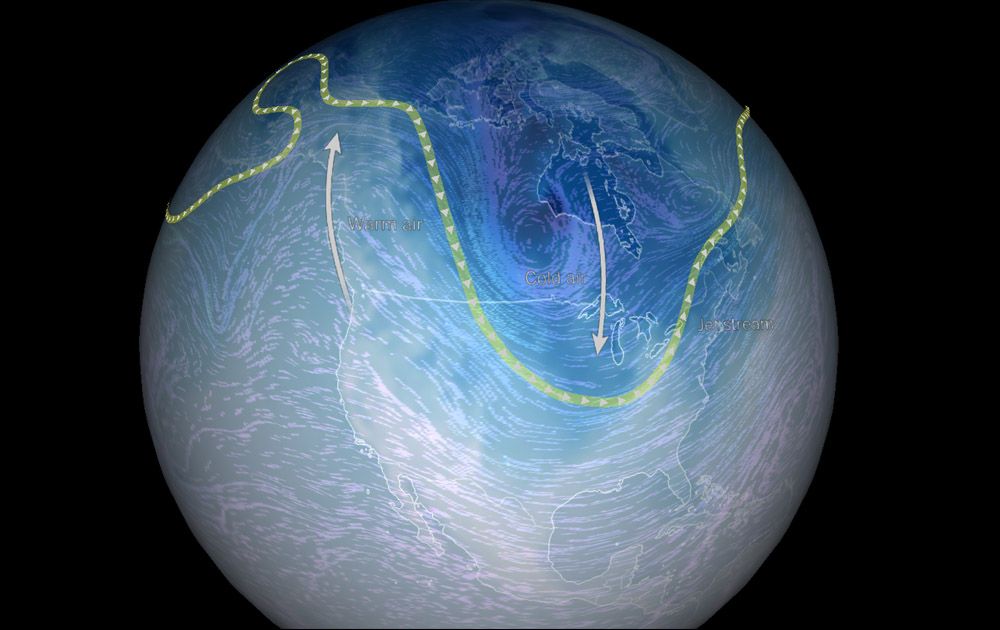Introduction to HAM Radio
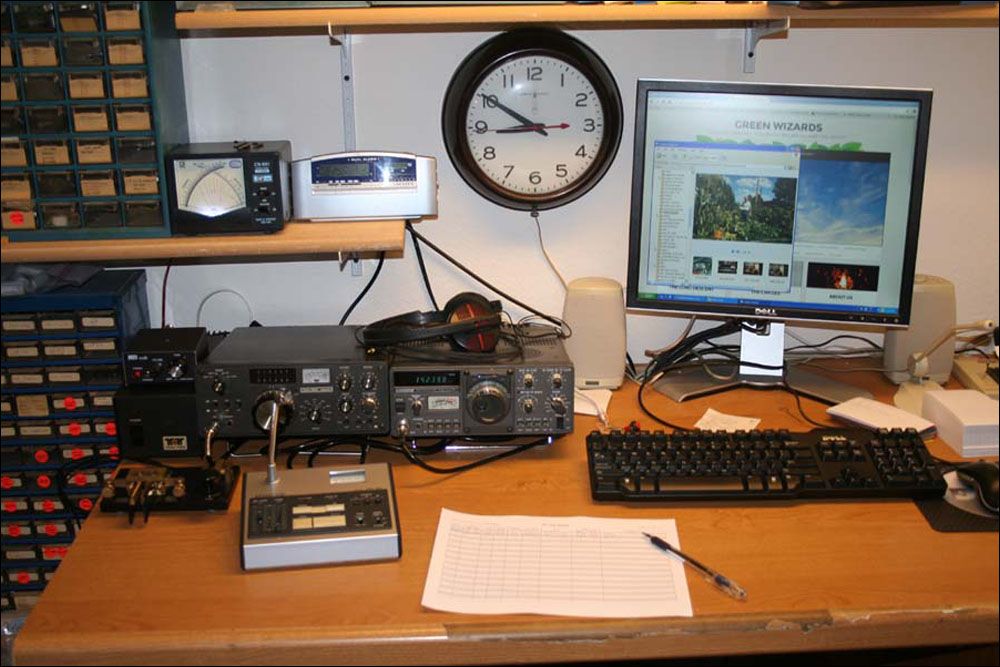
My first few posts will be cleaned up and updated versions of posts on David's first version of this site.
What is Ham Radio and how did it come to be?
Amateur (Ham) Radio came into being in the first decade of the 20th century. Wireless, the term Radio wouldn’t be used for several decades, had recently been “invented” in the latter decades of the 19th century and the airwaves or the Æther as it was known, was pretty much a free for all.
http://en.wikipedia.org/wiki/
This will be a US centered version, somewhat similar events happened in Europe and the rest of the world, although greatly hampered by much stricter government controls, even in Western Europe. These controls and restrictions have been loosened greatly in recent decades.
There was no licensing or control of who did what. Of course government and industries were trying to figure out what to do with it and how to control it for themselves. Individuals were also experimenting to see what they could do. Big conflicts between government, the military, commercial entities, and the private experimenters were rampant.
